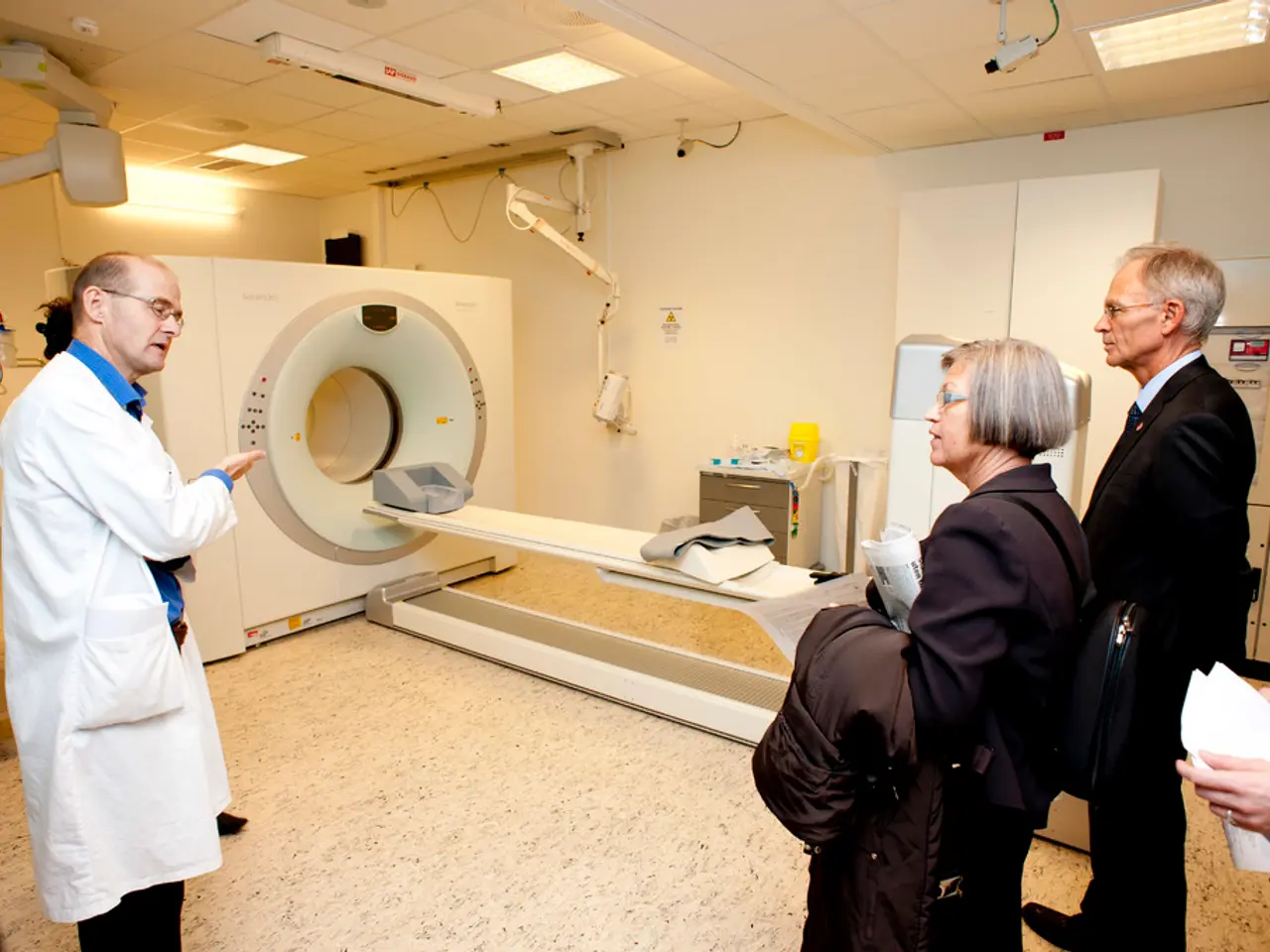The Importance of Medical Coding in Healthcare Systems
The Indispensable Role of Medical Coding in Modern Healthcare
In today's rapidly evolving healthcare landscape, the importance of medical coding cannot be overstated. As technology advances and healthcare becomes increasingly complex, medical coding plays a crucial role in streamlining processes, enhancing accuracy, and ensuring compliance.
At its core, medical coding translates diagnoses, procedures, and services into standardized codes that are essential for billing, compliance, research, and patient care documentation. This process directly impacts healthcare providers' financial stability by ensuring timely and correct payments, minimizing claim denials, and supporting operational efficiency.
Billing and Revenue Cycle
Accurate medical coding is vital for the successful submission of insurance claims to payers such as Medicare, Medicaid, and private insurers. By reducing errors and claim denials, medical coding contributes to faster reimbursements and improved cash flow for healthcare providers. Incorrect coding can lead to serious financial losses and regulatory penalties. Automation and AI integration help reduce errors and speed up billing cycles while maintaining accuracy.
Compliance
Proper medical coding ensures adherence to federal regulations and payer policies, reducing the risk of audits, penalties, and legal issues. In value-based care models, accurate coding and documentation are even more vital to meet quality measurement standards and risk adjustment requirements like HCC coding.
Research and Quality Reporting
Medical coding standardizes clinical information, enabling accurate data collection for epidemiological studies, healthcare analytics, and quality improvement programs. It helps track health trends and outcomes, which informs policy and clinical decision-making.
Patient Care
By codifying diagnoses and treatments accurately, medical coding supports comprehensive medical records that facilitate continuity of care, informed clinical decisions, and effective communication among care teams.
Career Opportunities
Medical coding offers a variety of career paths, including specialist coders, auditing, compliance officers, and roles blending coding with emerging technologies such as AI training and data analytics. As the industry grows, hospitals, clinics, insurance companies, and medical research organizations require the services of certified medical coders. The integration of AI is shifting coders' roles from routine tasks to more complex and analytical work, requiring continuous learning and new technical skills.
Medical coding provides a stable, in-demand career path with remote work opportunities and certifications like CPC (Certified Professional Coder) or CCS (Certified Coding Specialist).
Ensuring Continuity of Care
Medical coding contributes to organized, detailed, and accessible health records, ensuring better continuity of care. This is particularly important in today's healthcare environment, where patients often see multiple providers across various settings.
In summary, medical coding is foundational to the healthcare system’s financial health, regulatory compliance, clinical quality, and operational efficiency, while also providing diverse and evolving career opportunities. Continuous staff training and leveraging technology are essential to maintain accuracy and capitalize on these benefits.
Medical coding, rooted in science, enables the standardization of medical-conditions, treatments, and procedures, contributing significantly to the health-and-wellness sector by ensuring accurate patient care documentation and enhancing the continuity of care. The knowledge gained through medical coding aids in research, quality reporting, and epidemiological studies, informing clinical decision-making and policy development. Moreover, medical coding presents various career prospects, spanning from therapies-and-treatments consultation to emerging technologies such as AI integration and data analytics.




